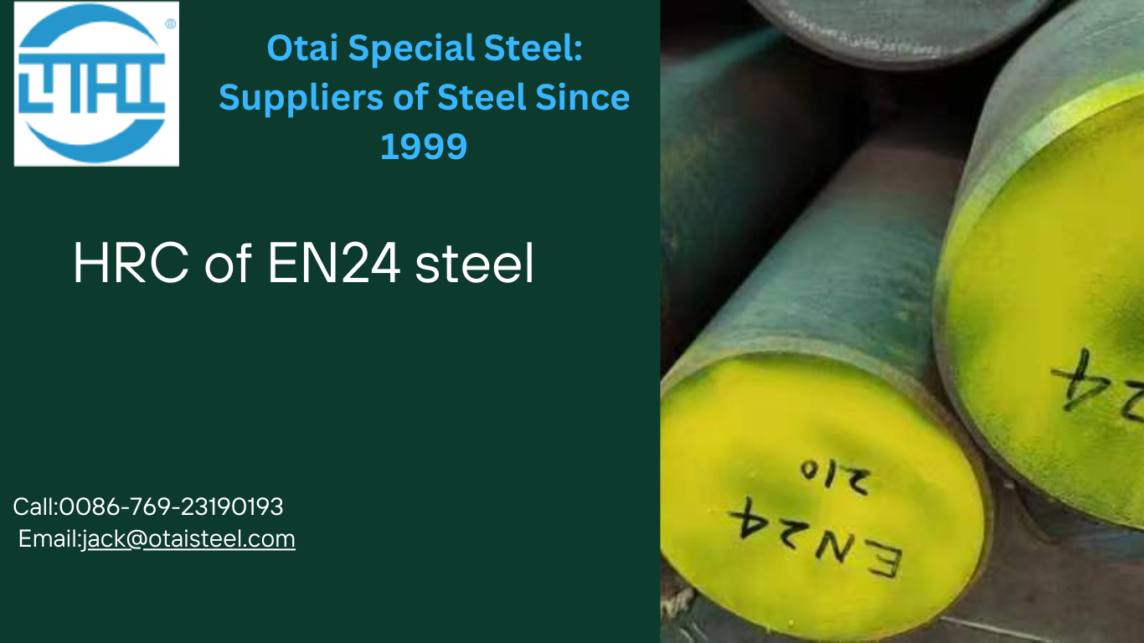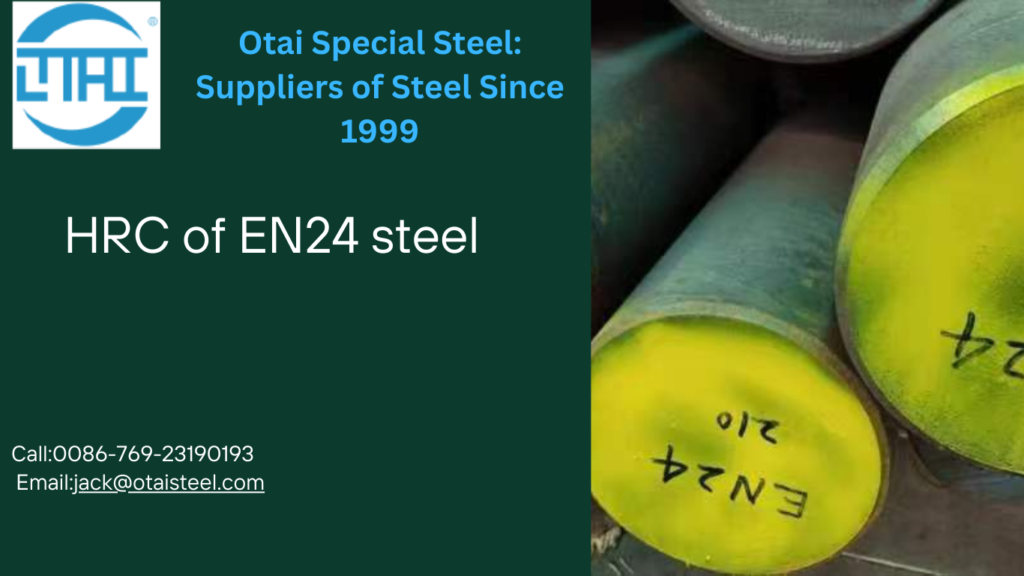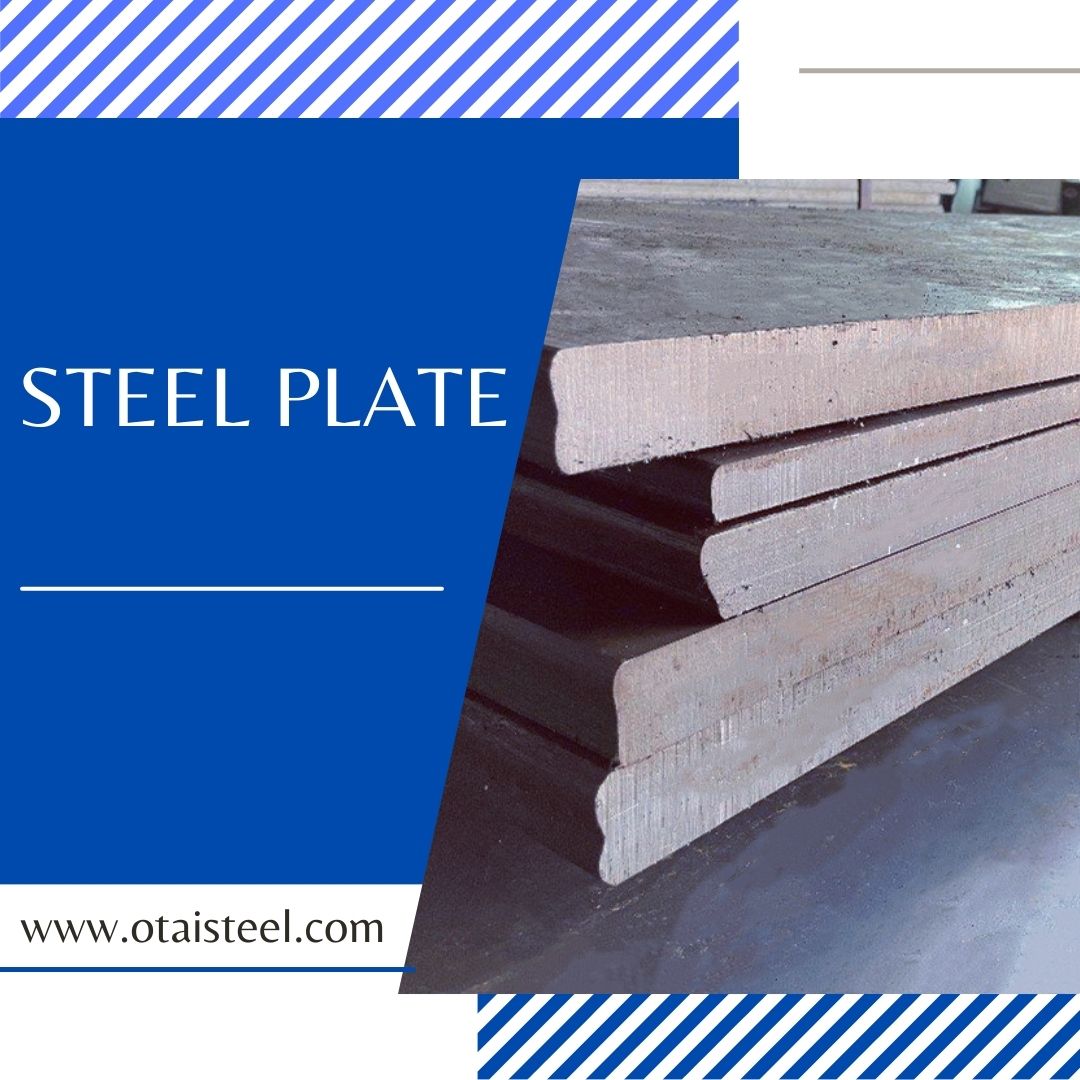 Before we dive into the case studies, let’s grasp the fundamentals of 34CrNiMo6 Steel in Engineering.
Before we dive into the case studies, let’s grasp the fundamentals of 34CrNiMo6 Steel in Engineering.
Heading 1: Automotive Excellence – Gears that Withstand the Test of Time
In the automotive industry, the demand for reliable and durable components is non-negotiable. Case studies reveal that 34CrNiMo6 steel, when employed in gear manufacturing, exhibits superior wear resistance and longevity. These gears withstand the rigorous conditions of automotive transmissions, ensuring smooth and efficient performance over extended periods.
Heading 2: Aerospace Precision – Elevating Performance in Critical Parts
The aerospace industry demands materials that can withstand extreme conditions without compromising performance. Real-world applications showcase the success of 34CrNiMo6 steel in critical aerospace components. From landing gear parts to intricate engine components, the alloy’s strength and resilience contribute to the efficiency and safety of aerial systems.
Heading 3: Renewable Energy Reliability – Powering Wind Turbine Gears
As the world pivots towards renewable energy solutions, 34CrNiMo6 steel emerges as a key player in the production of wind turbine gears. Case studies highlight the alloy’s ability to endure the cyclic stresses and harsh environmental conditions present in wind turbines. The result is a reliable and efficient energy harvesting system contributing to sustainable power generation.
Heading 4: Nautical Strength – Thriving in Marine Applications
In the marine and naval industry, where corrosion is a constant adversary, 34CrNiMo6 steel proves its mettle. Case studies demonstrate the alloy’s corrosion resistance and strength in applications such as ship components and offshore structures. The longevity of the material in saltwater environments solidifies its position in marine engineering.
Heading 5: Industrial Machinery Durability – Enhancing Operational Lifespan
The industrial machinery sector benefits immensely from the deployment of 34CrNiMo6 steel. Case studies spotlight its role in manufacturing gears, shafts, and pins for heavy machinery. The alloy’s durability ensures these components withstand the demanding conditions of industrial operations, contributing to enhanced operational lifespan and reduced maintenance costs.
Heading 6: Construction Confidence – Reliable Components for Building
Construction equipment faces rigorous conditions, and 34CrNiMo6 steel proves to be a reliable choice for components in this sector. Case studies showcase its use in manufacturing critical parts for construction machinery, where the alloy’s strength and durability play a pivotal role in ensuring the robustness of the equipment.
Heading 7: Oil and Gas Resilience – Thriving in Harsh Environments
In the oil and gas industry, where components are exposed to extreme conditions during exploration, 34CrNiMo6 steel exhibits resilience. Case studies highlight its successful application in downhole drilling tools and gears, showcasing the alloy’s ability to withstand the harsh environments associated with oil and gas exploration.
Heading 8: Tool and Die Precision – Tailoring Solutions for Manufacturing
Precision tooling demands materials that can be precisely machined and heat-treated for maximum wear resistance. Case studies demonstrate the efficacy of 34CrNiMo6 steel in tool and die making, where the alloy’s properties are tailored to meet the intricate requirements of manufacturing processes.
Conclusion: 34CrNiMo6 Steel – A Cornerstone in Engineering Success
In conclusion, the case studies presented here collectively emphasize the pivotal role of 34CrNiMo6 steel in various engineering applications. From automotive gears to aerospace components, renewable energy solutions, marine engineering, industrial machinery, construction equipment, oil and gas exploration, and precision tooling, the alloy consistently delivers reliability, durability, and performance. These real-world successes underscore 34CrNiMo6 steel as a cornerstone in engineering solutions, shaping the landscape of diverse industries.
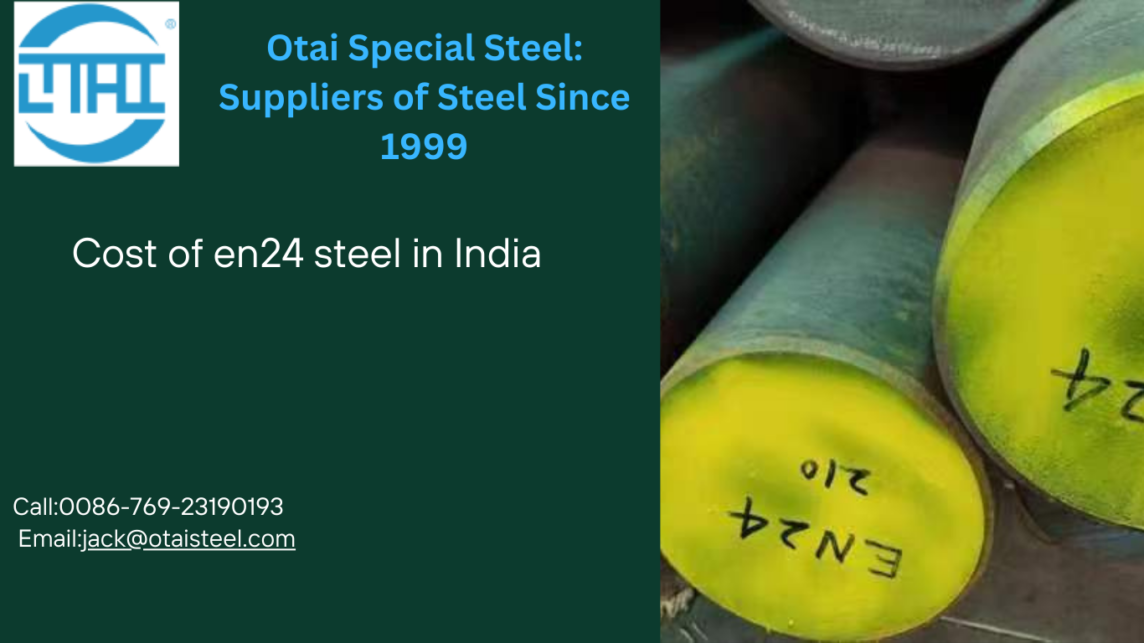
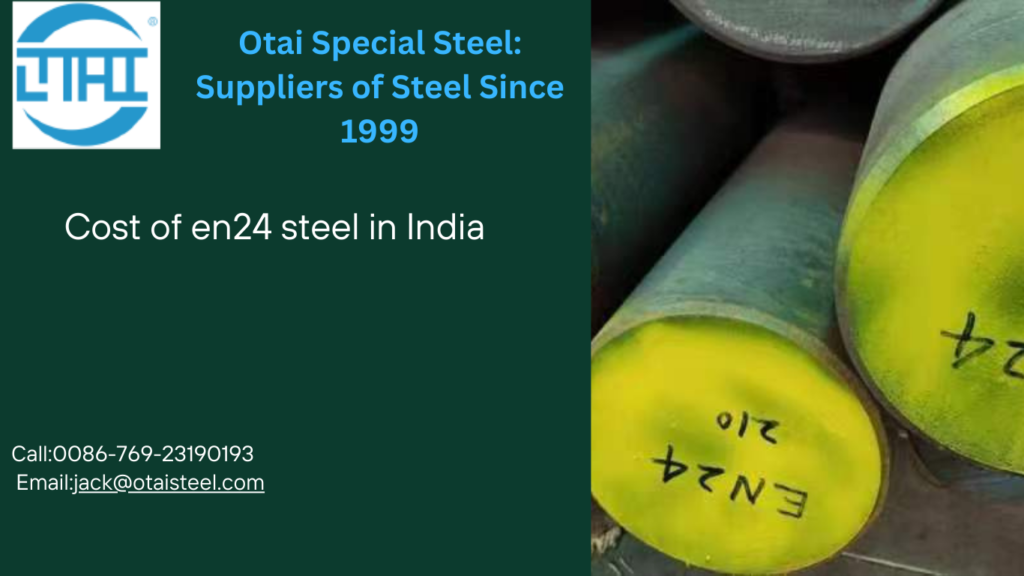
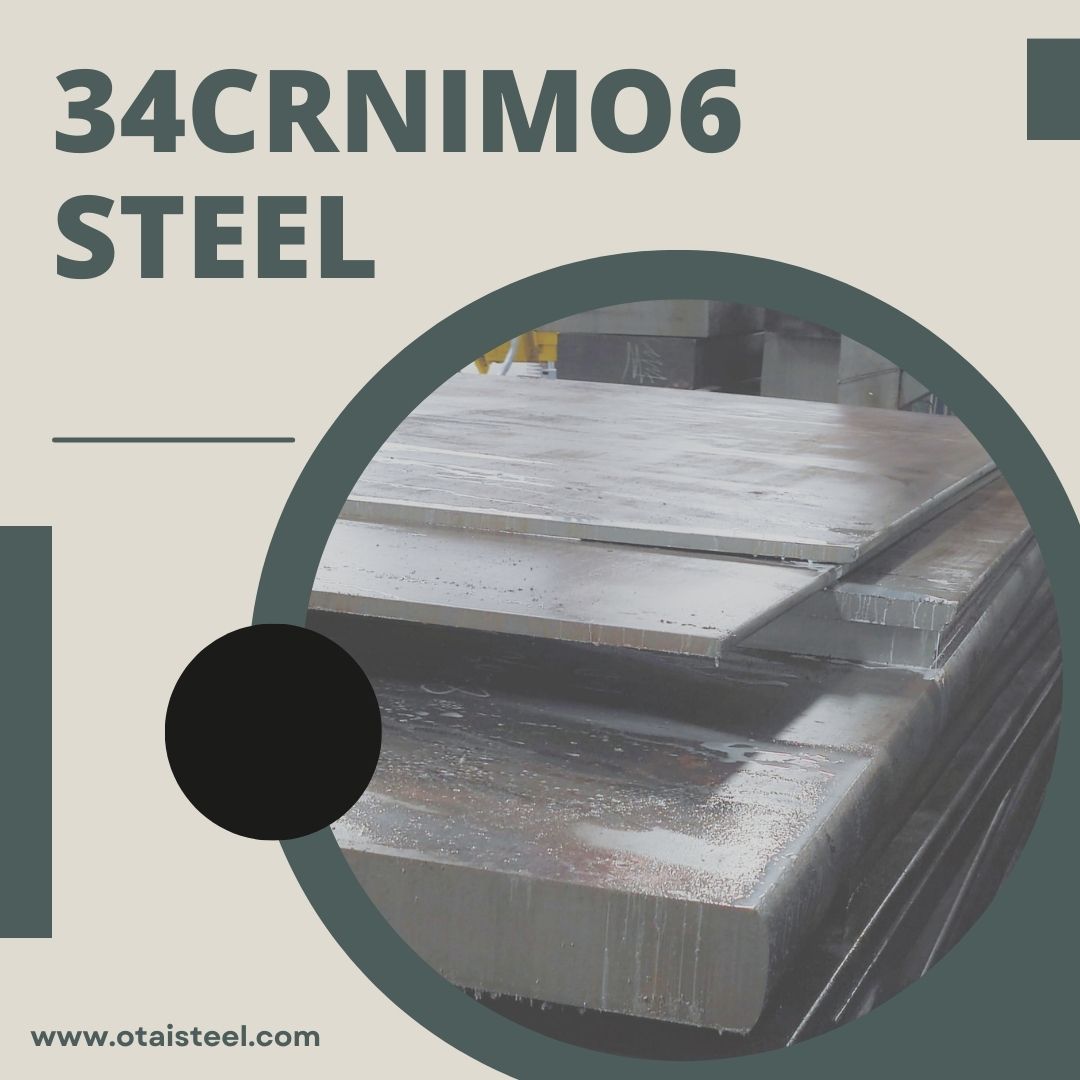 In the ever-evolving landscape of manufacturing, where precision and efficiency are paramount, 34CrNiMo6 steel emerges as a stalwart, influencing cutting-edge processes that redefine the possibilities of production. This alloy, celebrated for its robust composition and exceptional properties, plays a pivotal role in shaping the future of manufacturing methodologies.
In the ever-evolving landscape of manufacturing, where precision and efficiency are paramount, 34CrNiMo6 steel emerges as a stalwart, influencing cutting-edge processes that redefine the possibilities of production. This alloy, celebrated for its robust composition and exceptional properties, plays a pivotal role in shaping the future of manufacturing methodologies.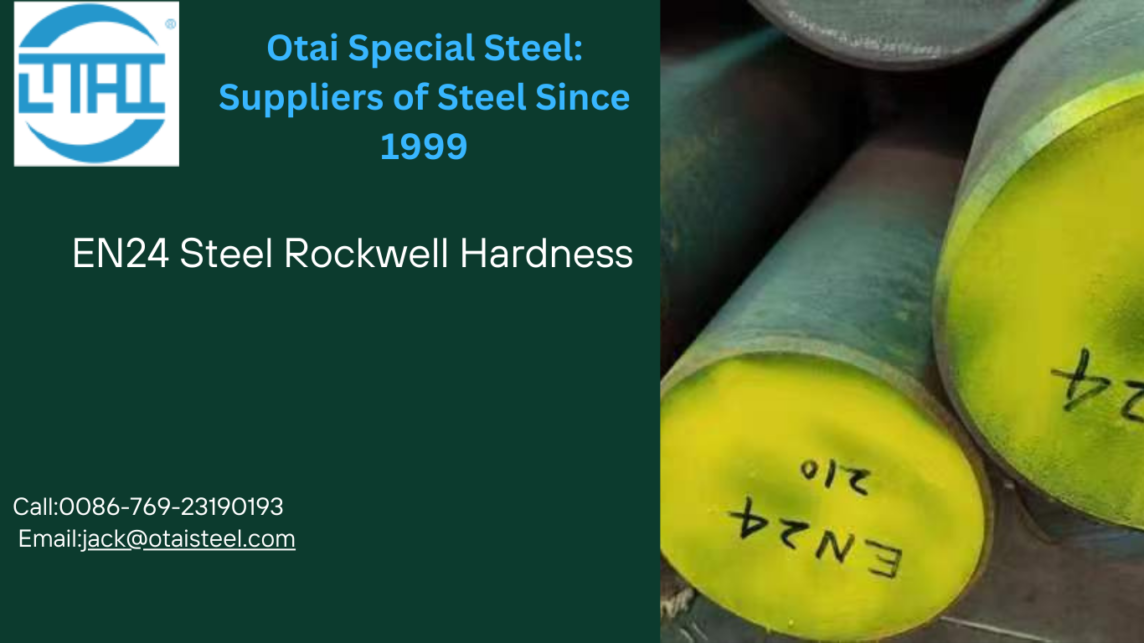
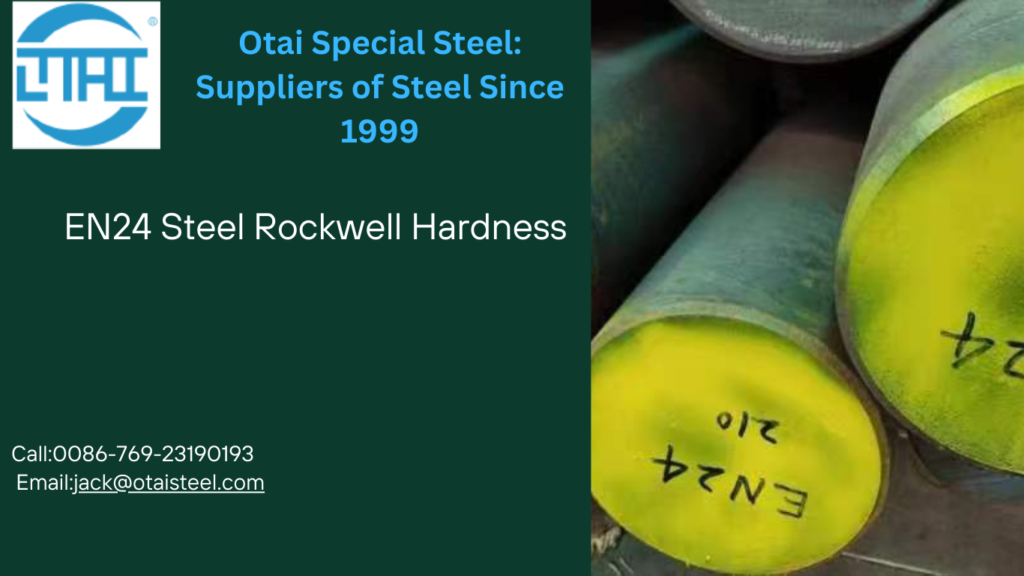 Decoding EN24 Steel: Beyond Hardness Metrics
Decoding EN24 Steel: Beyond Hardness Metrics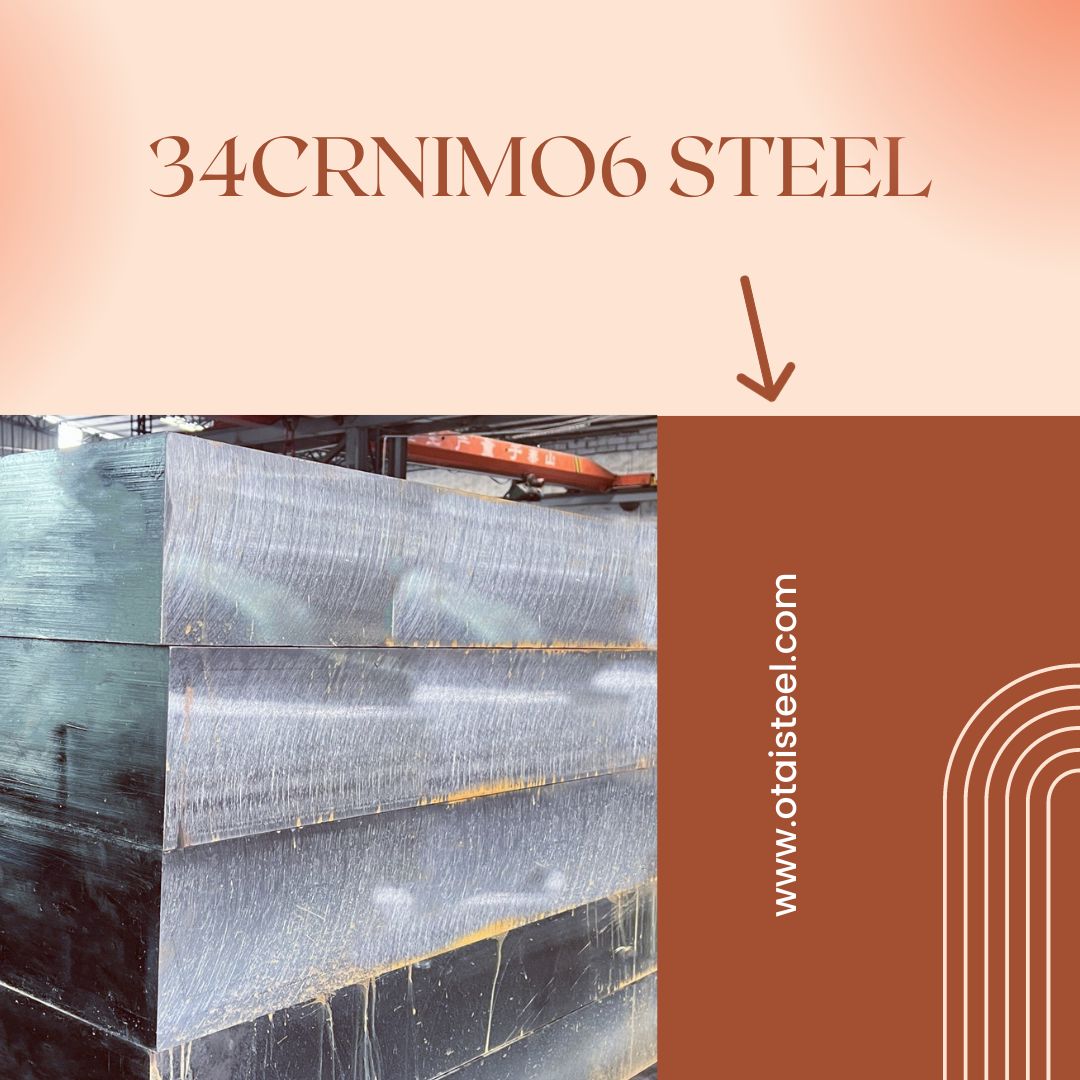 In the realm of automotive engineering, the use of 34CrNiMo6 steel has proven to be a reliable and versatile choice. Providing a combination of strength, durability, and machinability. Let’s delve into the characteristics of this steel and its applications in the automotive industry.
In the realm of automotive engineering, the use of 34CrNiMo6 steel has proven to be a reliable and versatile choice. Providing a combination of strength, durability, and machinability. Let’s delve into the characteristics of this steel and its applications in the automotive industry.